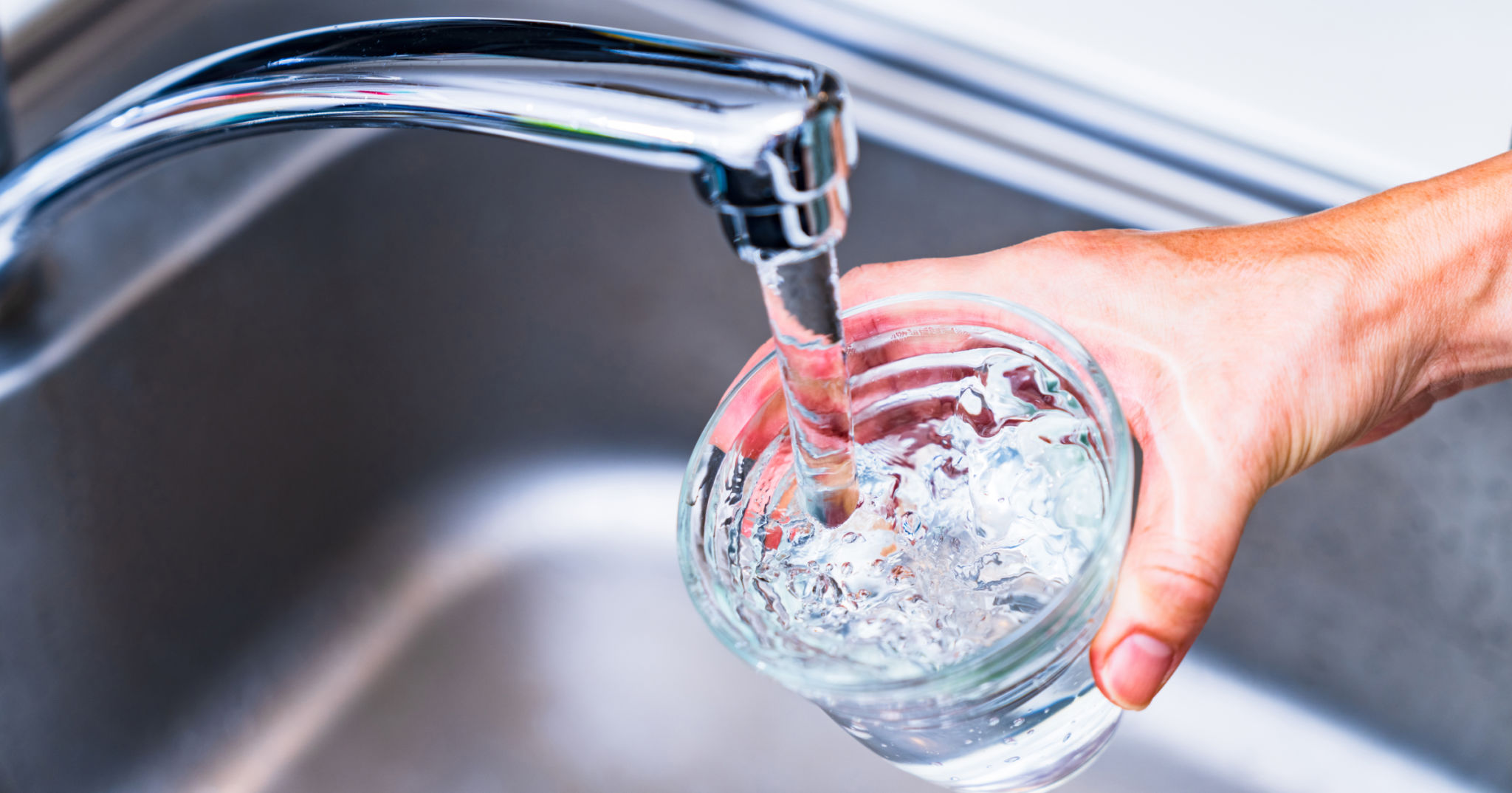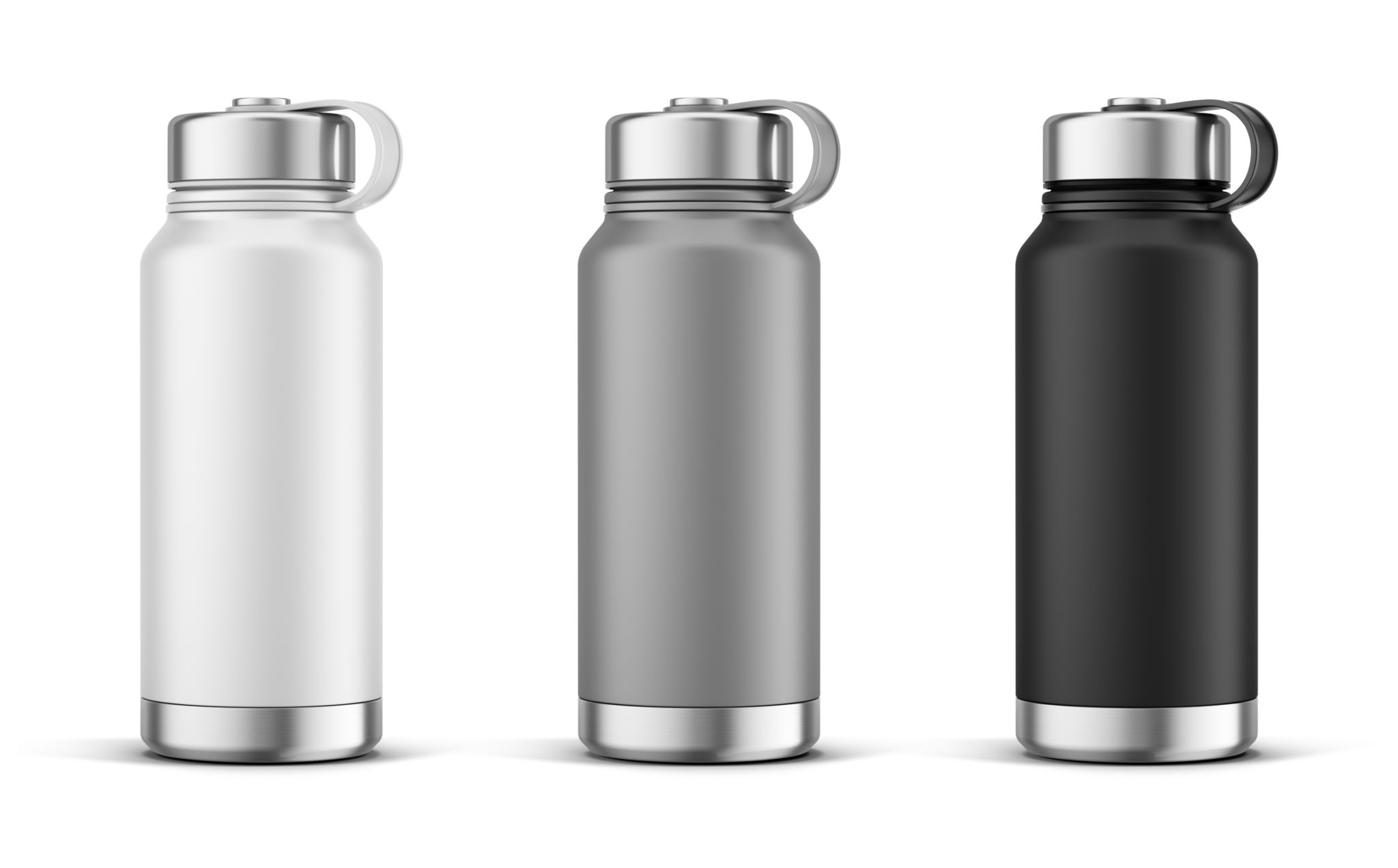Myths About Water Filtration: What You Need to Know
Understanding Water Filtration Myths
Water filtration is an essential part of maintaining a healthy lifestyle, but there are many myths surrounding the topic. It's crucial to separate fact from fiction to make informed decisions about water quality in your home. Let's dive into some common misconceptions about water filtration and uncover the truth.

Myth 1: All Tap Water is Unsafe
One prevalent myth is that all tap water is inherently unsafe to drink. While it's true that water quality can vary depending on location, most municipal water systems in developed countries are well-regulated and safe. However, contaminants can still be present, making water filtration a valuable tool for improving taste and removing impurities.
Filtration systems can help remove unpleasant odors, chlorine, lead, and other heavy metals that might be present in tap water. It's important to conduct a water test to determine if a filtration system is necessary for your specific needs.
Myth 2: Bottled Water is Always Better
Many people believe that bottled water is superior to filtered tap water. However, this isn't always the case. Bottled water can be expensive, and its environmental impact is significant due to plastic waste and transportation emissions. In contrast, a high-quality home water filtration system can provide clean, safe drinking water with less environmental impact.

Moreover, bottled water is not always free from contaminants. Some brands are essentially filtered tap water, meaning you could achieve similar quality with a reliable home filtration system without the added cost and waste.
Myth 3: All Water Filters are the Same
It's a common misconception that all water filters work the same way and provide the same results. In reality, different filtration systems use various technologies to target specific contaminants. Activated carbon filters are excellent for removing chlorine and odors, while reverse osmosis systems can effectively remove a broader range of impurities, including heavy metals and bacteria.
- Activated Carbon Filters: Good for chlorine and odor removal
- Reverse Osmosis Systems: Effective against a wide range of contaminants
- UV Filters: Best for eliminating bacteria and viruses
Myth 4: Water Filters Require Constant Maintenance
Some people avoid using water filters due to the belief that they require constant maintenance. While it's true that filters need regular replacement to function correctly, most systems are designed for user-friendly maintenance. Depending on the type of filter and your water usage, replacements might be necessary every few months to once a year.

Following the manufacturer's guidelines for filter replacement ensures optimal performance and longevity of your filtration system. Regular maintenance isn't as daunting as it seems and is a small price to pay for the benefits clean water provides.
Conclusion: Making Informed Choices
Understanding these myths about water filtration is vital for making informed decisions about your home's water quality. Not all tap water is dangerous, bottled water isn't always superior, filters vary in effectiveness, and maintenance isn't overly burdensome. By choosing the right filtration system based on your specific needs and conducting regular maintenance, you can enjoy safe and great-tasting water at home.
